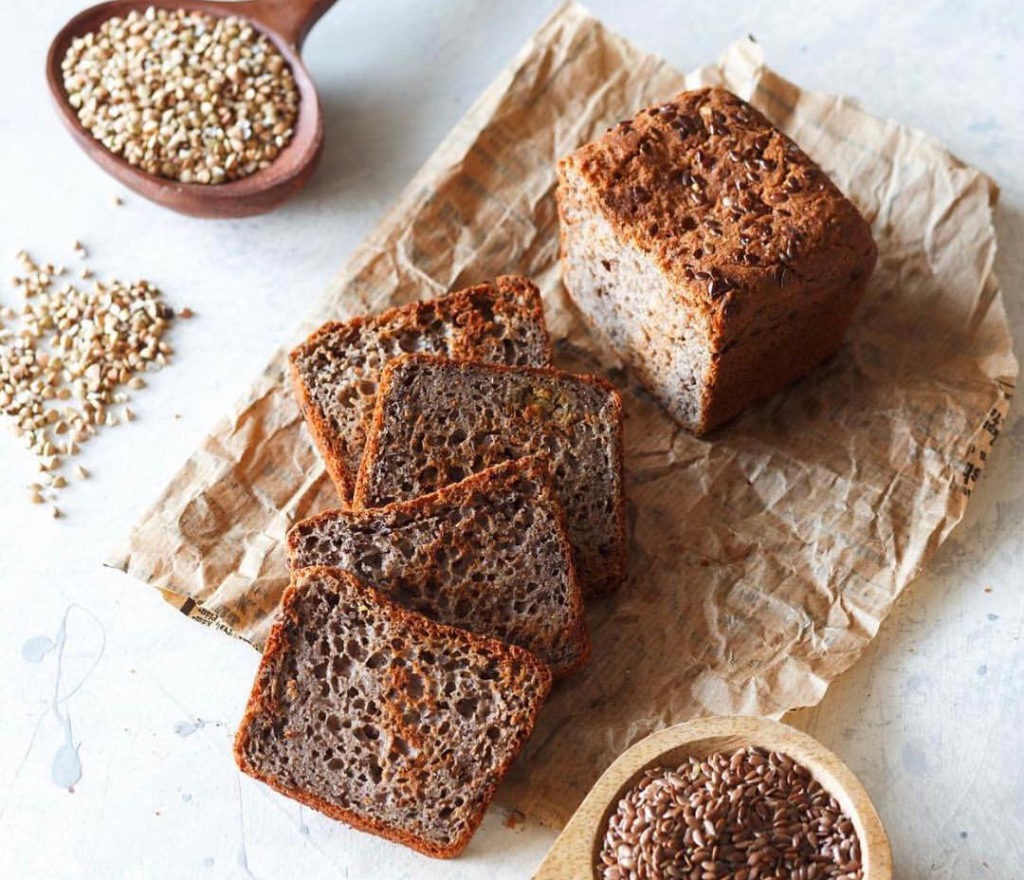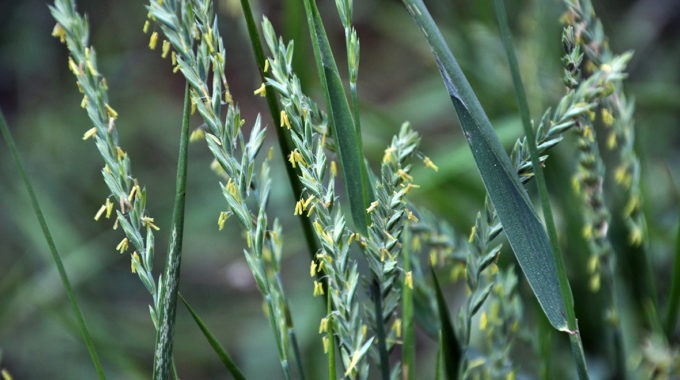Ryegrass warning for gluten-free crops
New research has identified proteins in a common weed that could wreak havoc for farmers growing gluten-free crops. It could also cause a reaction in people suffering from gluten intolerance who eat foods made from these crops.
The gluten-like proteins found in ryegrass could be mixing with crops commonly used as gluten-free products or wheat replacements. This could cause a reaction among people with coeliac disease or gluten intolerance. The work, led by Edith Cowan University (ECU) and Australia’s national science agency, the CSIRO, identified the proteins in 10 cultivars of ryegrass, a costly and invasive family of weeds commonly found in Australian cereal crops.

Trigger alert
Researcher Dr Sophia Escobar-Correas says the team has identified 19 proteins found in ryegrass that have similar properties to gluten.
“We’ve developed a method to detect these ryegrass proteins that allows us to distinguish them from other grains,” she says. “They aren’t strictly defined as gluten. But they have the potential to trigger reactions for people with coeliac disease or a gluten intolerance.”
This research helps understand whether ryegrass might be a problem. Then science can start to determine the impact it might – or might not – have. They can then devise solutions that give the best outcomes. Dr Escobar-Correas says the next step is to undertake clinical studies to investigate whether these proteins trigger a coeliac response.
“If these proteins cause a reaction, then it’s important that we develop tests to detect their presence in food products which are otherwise gluten-free,” she says.

Court in the act
Professor Michelle Colgrave from ECU and the CSIRO was also a co-author of the research. She says it has identified an important potential challenge for gluten-free products.
“In 2019, the global market for gluten-free foods was worth around $6.3 billion,” she says. “And its growth shows no sign of slowing. This research will help give consumers and producers confidence that products labelled as gluten-free are free from other proteins which may trigger reactions resulting from agricultural co-mingling.”
The WA Department of Primary Industries and Regional Development defines a close relative of the species studied in this project, annual ryegrass, as one of the most serious and costly weeds across Southern Australia. Several cultivars of ryegrass are used as feed for livestock. They’re also commonly used as a turf for sports pitches. In particular, winter sports – ryegrass is famously the grass of choice for tennis courts at Wimbledon.









